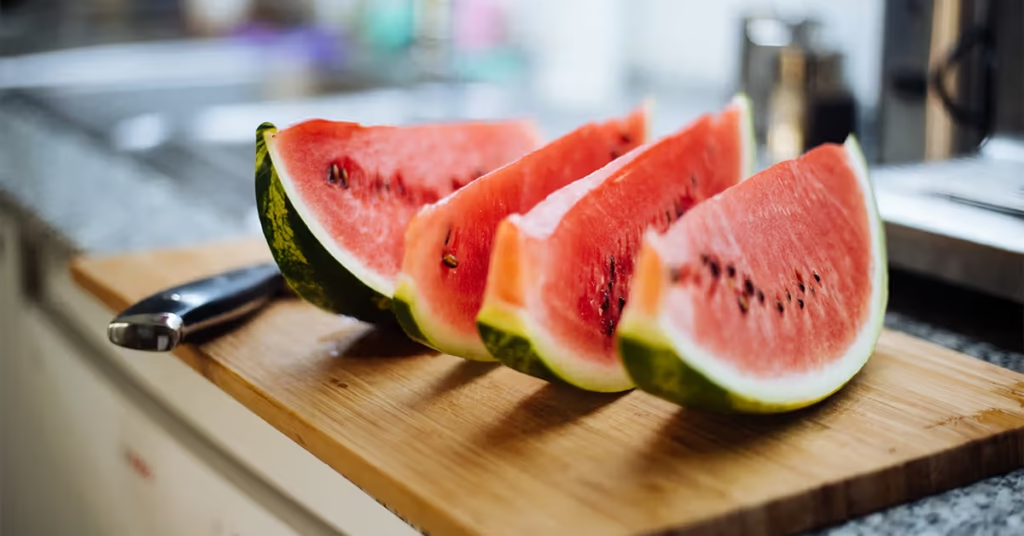
A person’s daily water intake is frequently used to define their level of hydration, but diet is just as crucial to preserving fluid balance. Nutrition provides the body with more than just calories and nutrients—it also supplies water and electrolytes that help prevent dehydration. By choosing the right foods and creating balanced meals, individuals can support their hydration needs and improve their overall quality of life. For additional resources on senior health and hydration, visit https://nursinghomelitigator.com/ to learn more about protecting loved ones from preventable risks.
Why Dehydration Happens?
When the body loses more fluids than it absorbs, dehydration sets in. Common causes include excessive sweating, illness, medication side effects, or simply not drinking enough water. While beverages are the most obvious solution, nutrition helps address hydration in a less direct but equally impactful way. Certain foods are naturally high in water, while others provide electrolytes that regulate how fluids are distributed and retained in the body.
Water-Rich Foods: More Than Just Drinks
Including foods high in water in daily meals is one of the easiest strategies to avoid dehydration. Many fruits and vegetables are composed of over 80–90% water, making them excellent natural hydrators. Examples include:
- Cucumbers: With a water content of around 95%, they are one of the most hydrating vegetables.
- Watermelon: Aptly named, watermelon is over 90% water and also provides vitamins A and C.
- Oranges: Packed with fluids and electrolytes, oranges also deliver immune-boosting vitamin C.
- Lettuce And Spinach: Leafy greens supply hydration while also offering fiber, iron, and antioxidants.
- Berries: Strawberries, blueberries, and raspberries not only hydrate but also protect cells with antioxidants.
Adding these foods to meals and snacks helps maintain hydration levels without relying solely on beverages.
The Importance Of Electrolytes
Electrolytes—minerals like sodium, potassium, calcium, and magnesium—help regulate fluid balance in the body. When someone sweats, they lose electrolytes along with water. If these minerals are not replaced, drinking water alone may not be enough to restore balance.
Nutritional sources of electrolytes include:
- Bananas: They help avoid muscle cramps brought on by fluid loss since they are high in potassium.
- Dairy Products: Calcium and potassium from milk and yogurt support bone health and hydration.
- Nuts And Seeds: Almonds, pumpkin seeds, and sunflower seeds contain magnesium, which supports muscle and nerve function.
- Soups And Broths: Often containing sodium, these can be particularly helpful during illness when hydration needs are higher.
Balanced meals that combine water-rich foods with electrolyte-rich options help ensure fluids are both replenished and retained effectively.
Nutrition For Special Populations
Different groups have unique hydration challenges that nutrition can help address.
- Due to their sometimes reduced thirst perception, older persons are more susceptible to dehydration. Preparing meals with hydrating foods like soups, smoothies, and fresh fruits ensures they receive fluids even if they drink less.
- Children may not recognize early signs of dehydration. Providing water-rich snacks such as fruit slices or yogurt cups helps keep them hydrated throughout the day.
- Athletes lose large amounts of water and electrolytes through sweat. Snacks like bananas, trail mix, or smoothies can aid recovery alongside fluids.
By tailoring nutrition strategies to these groups, dehydration risks can be greatly reduced.
Avoiding Foods That Contribute To Dehydration
While some foods promote hydration, others can have the opposite effect. Highly processed foods, salty snacks, and excessive caffeine or alcohol can increase fluid loss. While moderate intake may not cause harm, relying too heavily on these can tip the body into dehydration, especially during hot weather or illness.
Replacing salty chips with fresh fruit or substituting soda with infused water are small but effective changes that support hydration through better nutrition.
Practical Tips For Everyday Hydration
- Every meal should include a fruit or a vegetable.
- Choose snacks that combine hydration and nutrition, such as yogurt with berries or celery with hummus.
- Balance fluids with electrolytes, especially after exercise or illness.
- Prepare smoothies, salads, and soups that naturally boost fluid intake.
A Holistic Approach To Hydration
Preventing dehydration is not just about drinking water—it’s about building a lifestyle that combines smart beverage choices with nutrient-dense, water-rich foods. Nutrition provides a steady supply of hydration and minerals, making it an essential part of daily wellness.
By prioritizing the right foods, individuals can reduce their risk of dehydration, maintain energy, support cognitive function, and promote long-term health. Ultimately, a well-balanced diet is one of the most effective and enjoyable strategies for staying hydrated.
